We use cookies to help you navigate efficiently and perform certain functions. You will find detailed information about all cookies under each consent category below.
The cookies that are categorized as "Necessary" are stored on your browser as they are essential for enabling the basic functionalities of the site. ...
Necessary cookies are required to enable the basic features of this site, such as providing secure log-in or adjusting your consent preferences. These cookies do not store any personally identifiable data.
Functional cookies help perform certain functionalities like sharing the content of the website on social media platforms, collecting feedback, and other third-party features.
Analytical cookies are used to understand how visitors interact with the website. These cookies help provide information on metrics such as the number of visitors, bounce rate, traffic source, etc.
Performance cookies are used to understand and analyze the key performance indexes of the website which helps in delivering a better user experience for the visitors.
Advertisement cookies are used to provide visitors with customized advertisements based on the pages you visited previously and to analyze the effectiveness of the ad campaigns.
The second Hub Forum of the European Heritage Hub, which took place on 7th October 2024 in Bucharest, was a key event in the European Cultural Heritage Summit 2024. The forum attracted around 400 participants, some attending in person and others participating online. The discussions centred around responsible digital transformation, particularly focusing on the impact of artificial intelligence and actions addressing climate change.
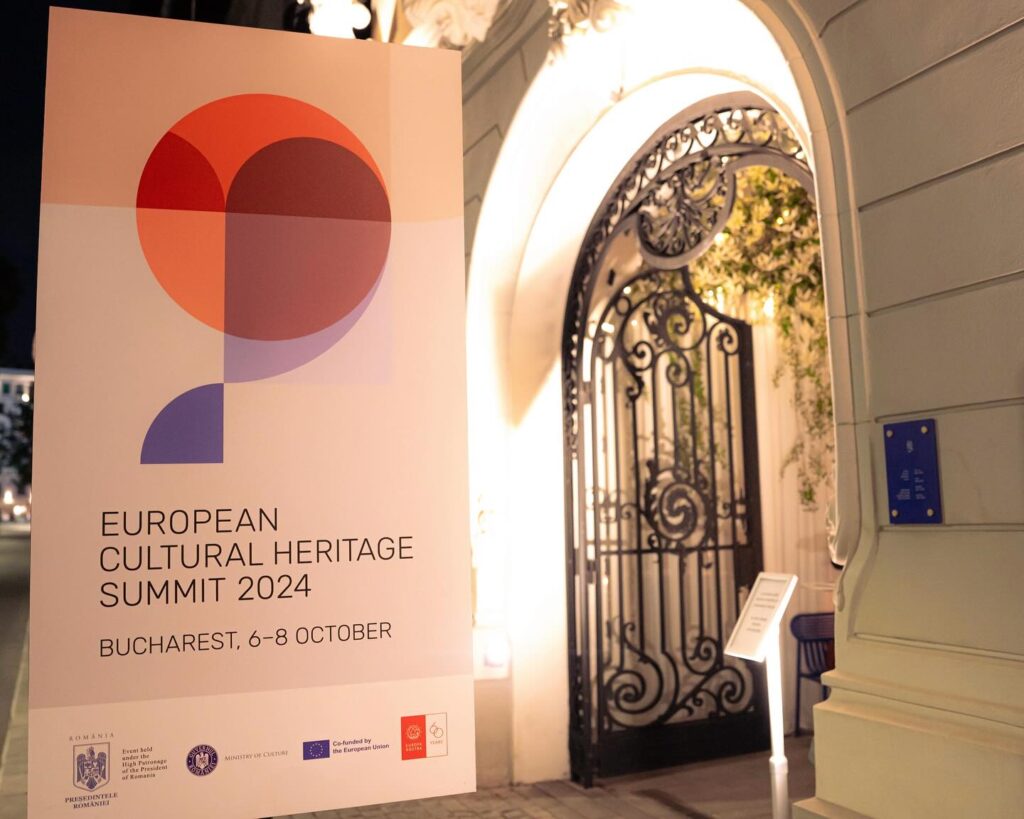
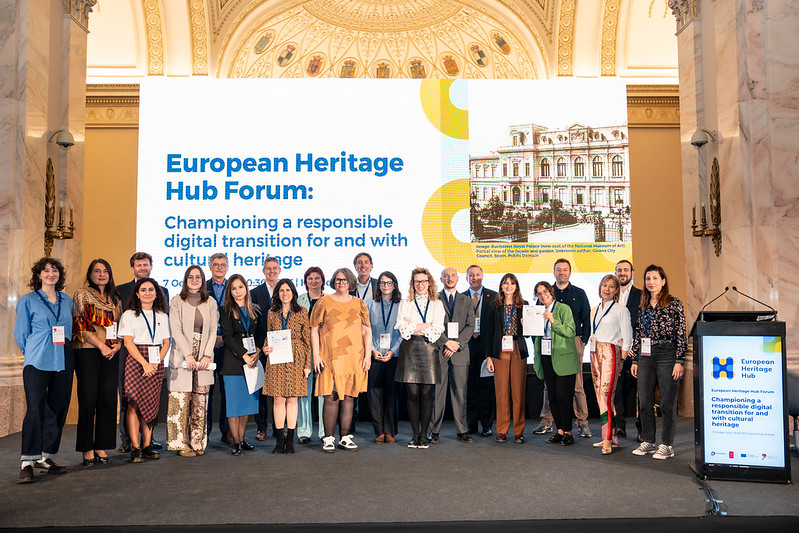
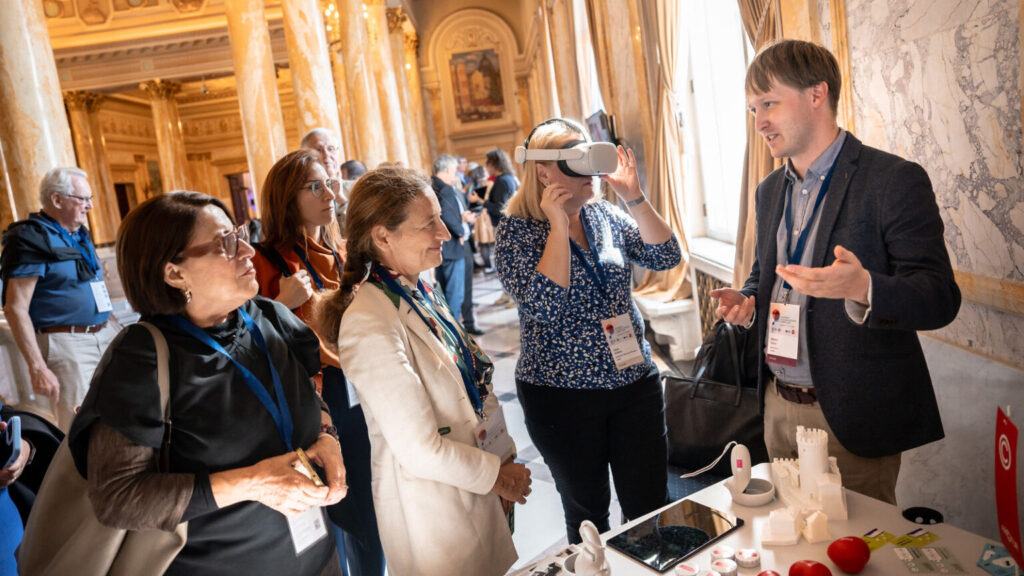
During the forum, a document was presented titled “Championing a Responsible Digital Transition for and with Cultural Heritage’” This document, developed by 20 partners of the European Heritage Hub, led by Europa Nostra and the Europeana Foundation, reflects a diverse range of perspectives from heritage experts, policymakers, and representatives of civil society across Europe. Its purpose is to outline five priorities for advancing a holistic digital transformation in cultural heritage:
I. Prioritise cultural heritage as a resource for a holistic digital transformation in the 2024 – 2029 European Commission and Parliament agendas
II. Ensure strategic funding for the digital transformation of cultural heritage in the upcoming EU Multiannual Financial Framework
III. Support the development and uptake of sector-specific principles and guidelines for ethical use of Artificial Intelligence
IV. Invest in research and skills development to help heritage professionals reduce the environmental impact of digitisation and harness new technologies responsibly
V. Harness digital cultural heritage to inspire and promote environmentally responsible practices
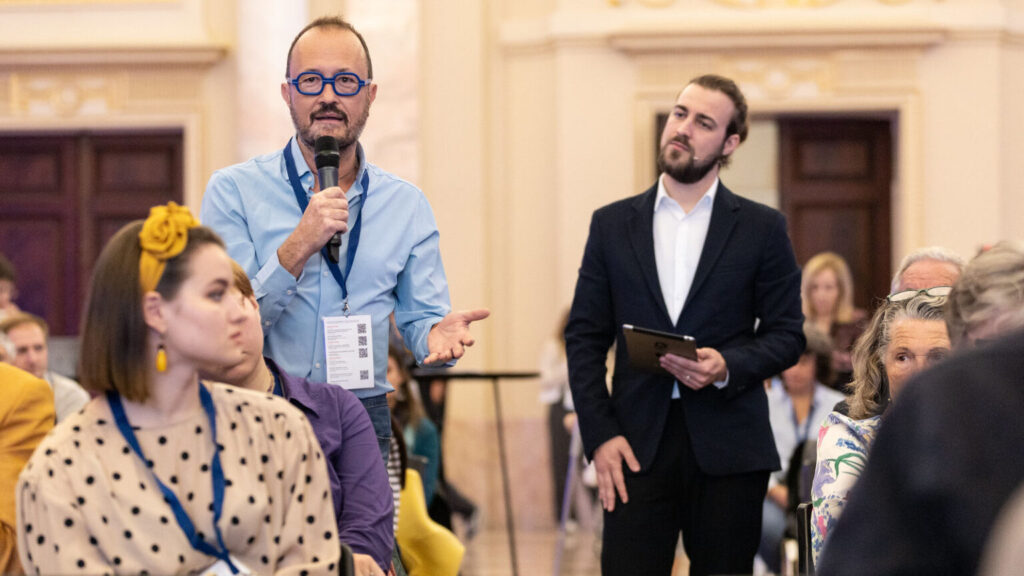
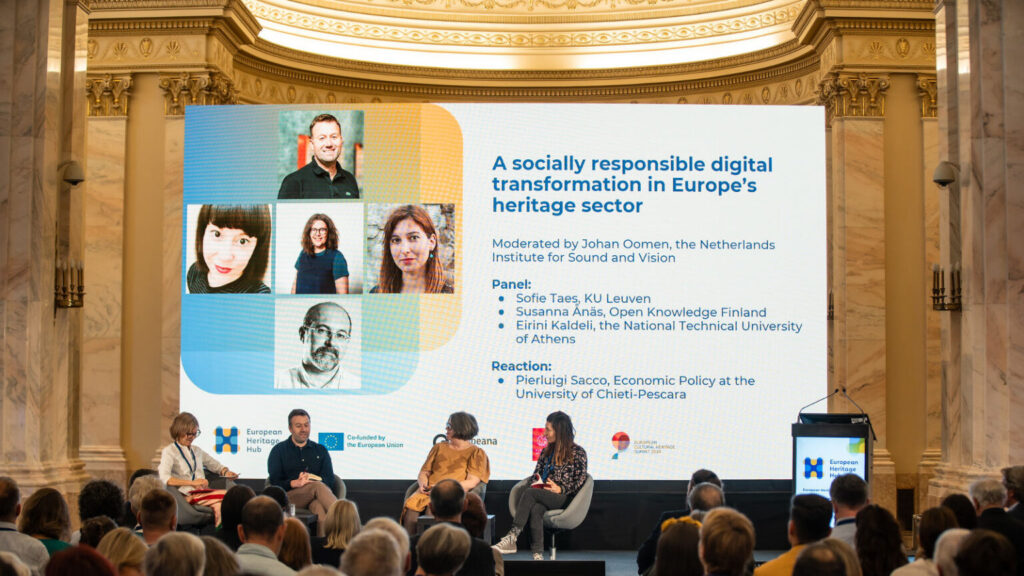
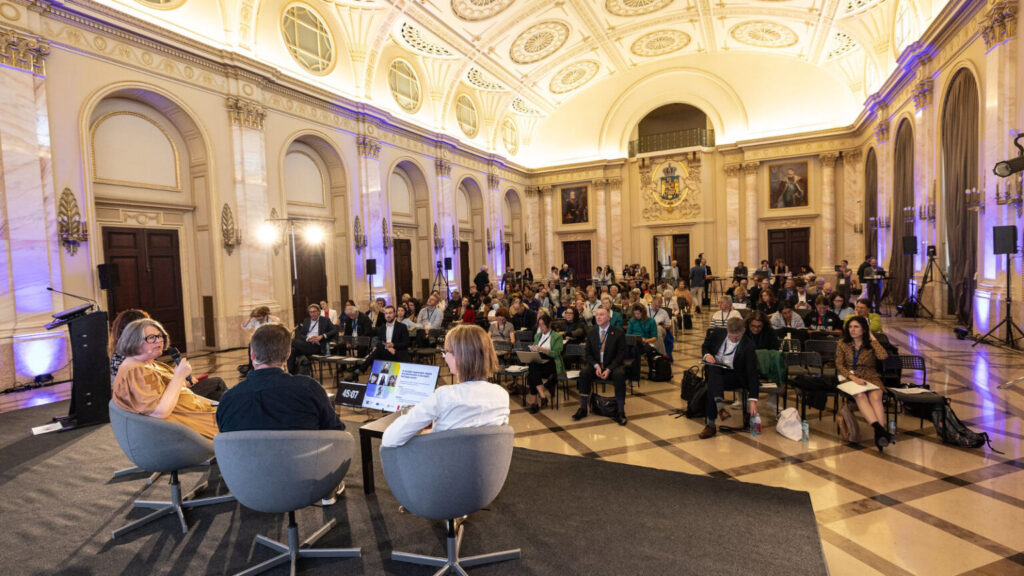
In the coming months, the European Heritage Hub will focus on disseminating this document, urging policymakers to address the five outlined priorities, particularly as the newly elected EU institutions begin their mandate.
In early 2025, the third European Heritage Hub Forum will take place in Budva, Montenegro, continuing the discussions initiated in Bucharest, with a focus on the social transformation of the heritage sector.